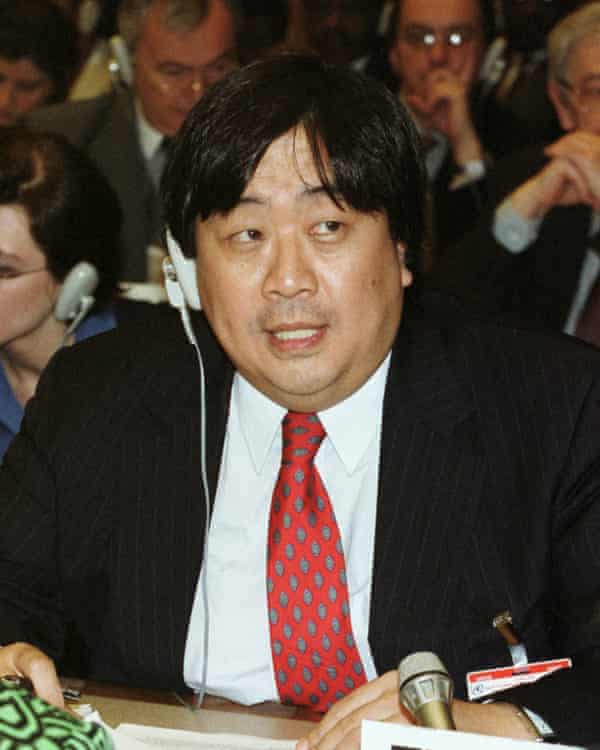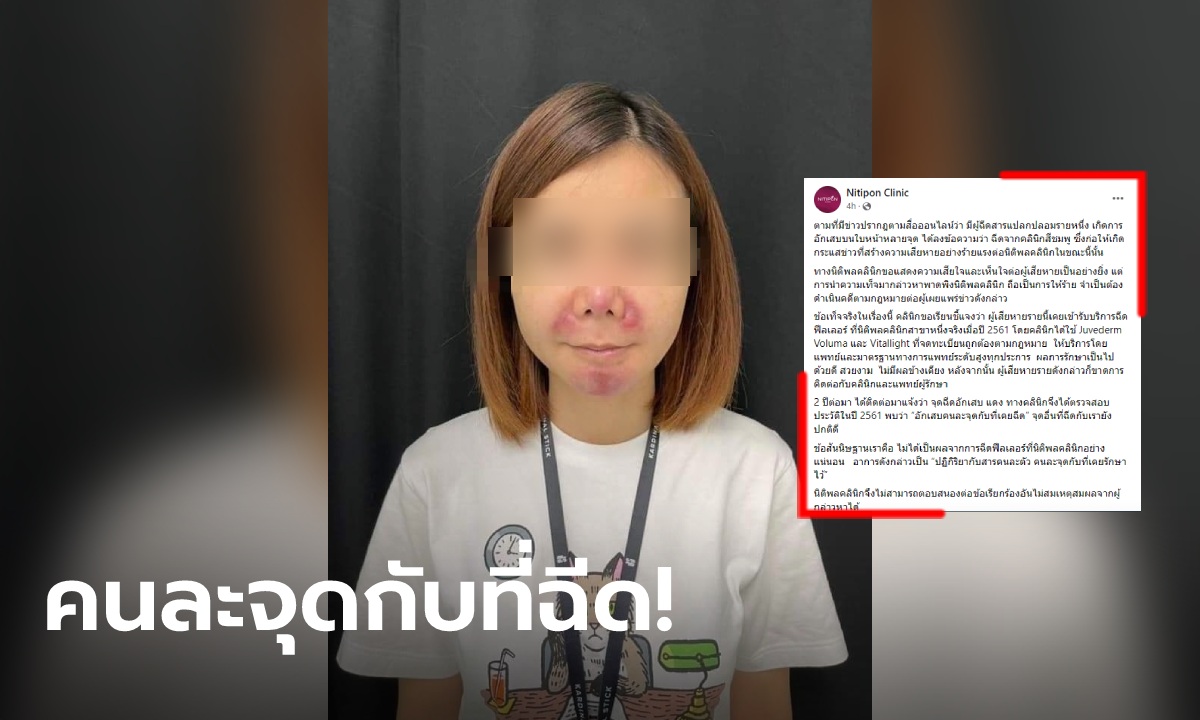A senior legal adviser in the state department has accused the Biden administration of deporting Haitians illegally through the use of a public health law.
Harold Koh, a veteran of the Obama administration, had been due to leave government service to take up a teaching position at Oxford University. He wrote a letter to the state department leadership, lambasting the expulsions of thousands of Haitians in recent weeks.
The 2 October letter reflects widespread unease in the state department at the recent treatment of Haitian migrants who had crossed the US-Mexico border and gathered in Texas seeking admission to the US – but were summarily put on planes and flown back to the unstable country they had fled.
Haiti has been rendered particularly dangerous of late by the July assassination of the president, Jovenel Moïse, and a subsequent powerful earthquake.
“There’s a lot of discontent,” an administration source said. “His views are pretty widespread within the state department.”
Less than two weeks ago, the US special envoy for Haiti, Daniel Foote, resigned over the issue and sent a resignation letter excoriating the administration for its “inhumane” mass deportation of Haitian migrants and asylum seekers to what he said was a highly dangerous “collapsed state”.
Joe Biden had continued using a mechanism introduced by Donald Trump, summarily expelling migrants, mostly from Haiti, under Title 42 of the 1944 Public Health and Service Act, a previously obscure piece of legislation that presented the Covid pandemic as a reason not to provide due process to asylum seekers from Haiti and Central America.
“I write first, because I believe this administration’s current implementation of the Title 42 authority continues to violate our legal obligation not to expel or return …individuals who fear persecution, death, or torture, especially migrants fleeing from Haiti,” Koh wrote in his letter, first published by Politico.
He referred to the country’s legal obligations under the Convention against Torture and a 1967 protocol on the status of refugees.

Koh pointed out that the chaos in Haiti had led the administration to extend temporary protected status to Haitians already in the US. There were no grounds therefore, he argued, to expel new arrivals and fly them straight into a life-threatening situation.
The expelled Haitians are not screened for fears of persecution unless they assert those fears vocally, in what has come to be known as the “shout test”.
“In my legal opinion, as former state department legal adviser and as former assistant secretary of state for democracy, human rights and labour, the “shout test” and the higher screening standard inevitably create an unacceptably high risk that a great many people deserving of asylum will instead likely be returned to countries where they fear persecution, death, or torture,” Koh wrote.
The state department said that the decision to use Title 42 was in the hands of the Centers for Disease Control and Prevention (CDC), the federal health agency.
“Title 42 is a public health authority, not an immigration one, and that authority rests with the CDC,” a senior state department official said. “We defer to the CDC on decisions related to Title 42.
“The CDC has determined that the expulsion of certain individuals under Title 42 is necessary due to the risks of transmission and spread of Covid-19 in congregate settings, such as US Customs and Border Protection stations, as well as the threat from emerging variants.
“The United States remains committed to supporting safe, orderly and humane migration throughout our region,” the official said.
When the use of Title 42 was first used by the Trump administration, however, it was opposed by the CDC’s own medical experts and forced on the agency by the then vice-president, Mike Pence.
Olivia Troye, a former top Pence aide, resigned in protest and said the policy was authored by Stephen Miller, a Trump adviser who led that administration’s anti-immigrant drive.
“I don’t accept the notion that this is just a health issue unconnected to broader US immigration policy,” said Michael Posner, a former assistant secretary of state for democracy, human rights and labour.
“It seems to me that there’s a relatively straightforward way to address it if somebody poses a health risk on arrival in the US,” Posner, who now runs the Center for Business and Human Rights at New York University, said.
“They can be quarantined, they can be treated medically. It doesn’t mean that they need to be deported.”
Note: This article have been indexed to our site. We do not claim legitimacy, ownership or copyright of any of the content above. To see the article at original source Click Here












